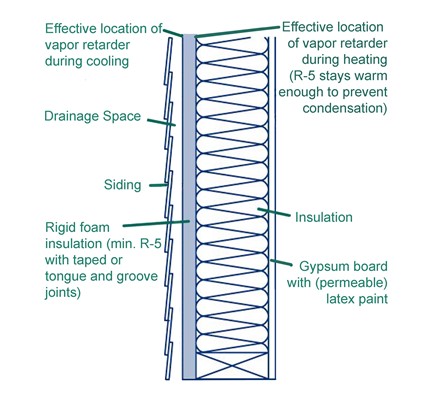
Permeability is an important factor to consider when choosing house siding materials because it can impact the energy efficiency and durability of your home.
Permeability refers to the ability of a material to allow moisture and air to pass through it. If your siding material is too permeable, it may allow too much moisture to penetrate your walls, which can lead to mold and rot. On the other hand, if your siding material is not permeable enough, it can trap moisture inside your walls, leading to the same issues.
In terms of energy efficiency, a highly permeable siding material may allow too much air to pass through, making it difficult to maintain a consistent temperature inside your home. This can lead to higher heating and cooling bills. A less permeable material can help keep your home insulated and reduce energy costs.
Therefore, it's important to choose a siding material that strikes the right balance between permeability and insulation. Factors such as climate, building codes, and personal preferences should also be taken into consideration. Some common siding materials that offer varying degrees of permeability include vinyl, wood composite, fiber cement, and steel.
Quarve Contracting deeply understands the importance of a home's weather resistant barrier (WRB), insulation panel and siding material permeability as we plan your project. To learn more, contact us at (763) 785-1472 or visit us at quarve.com
Tags
Subscribe to Quarve Contracting's Blog



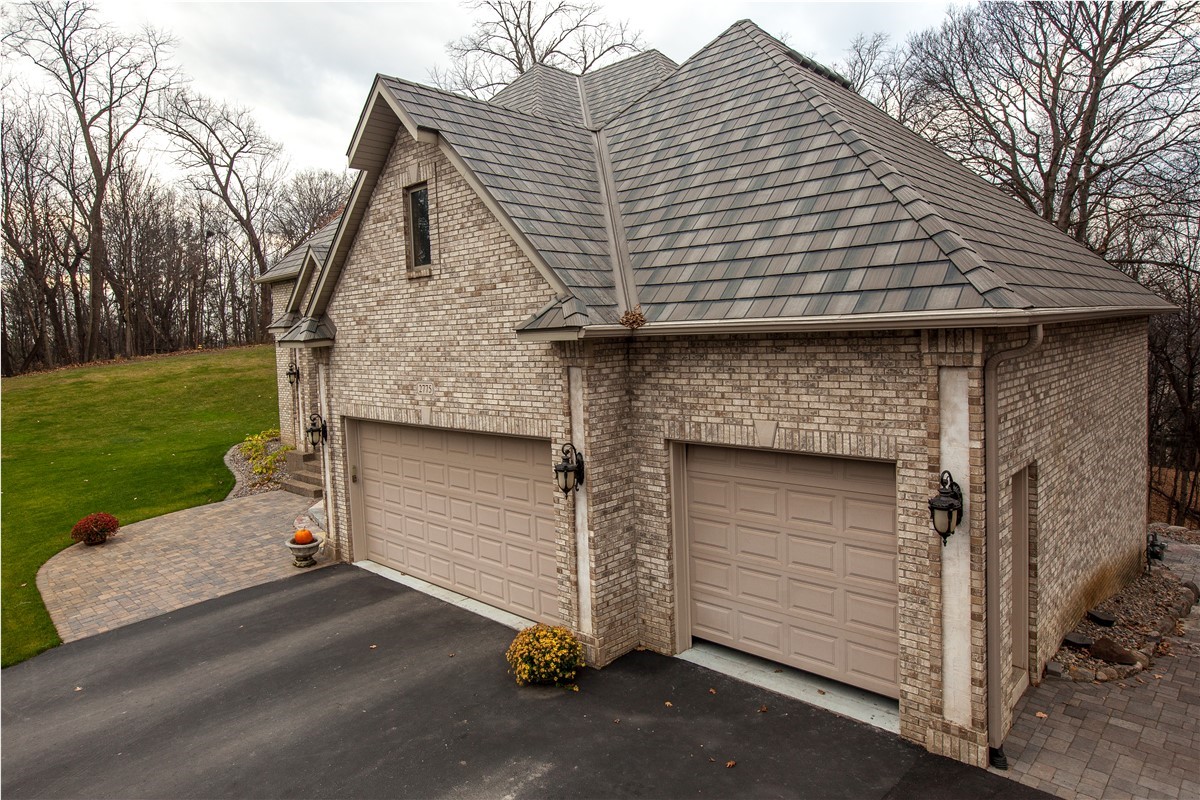
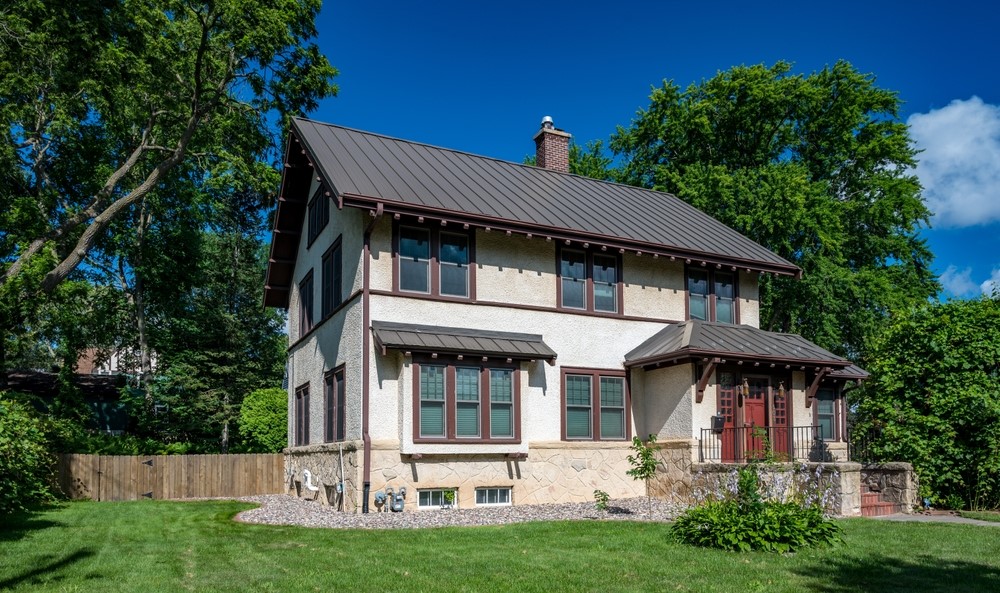
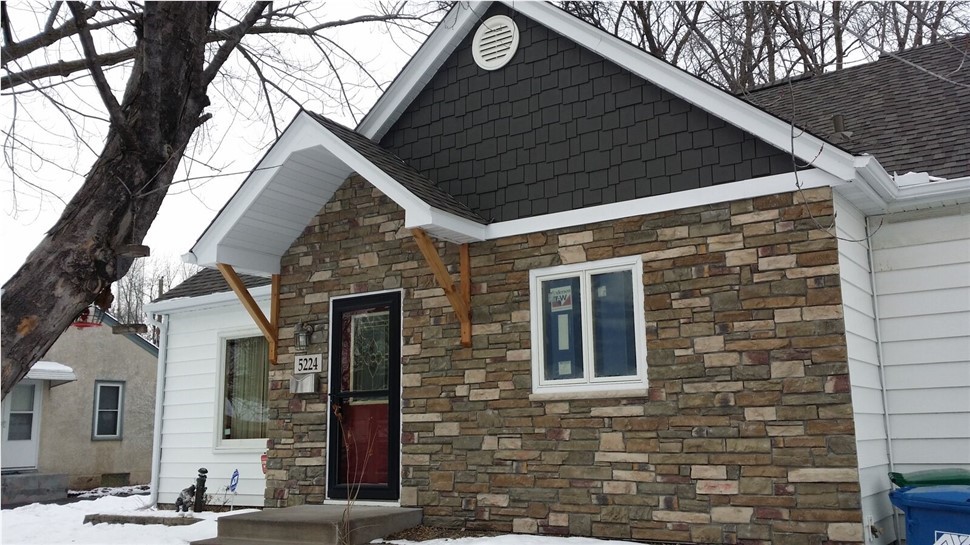
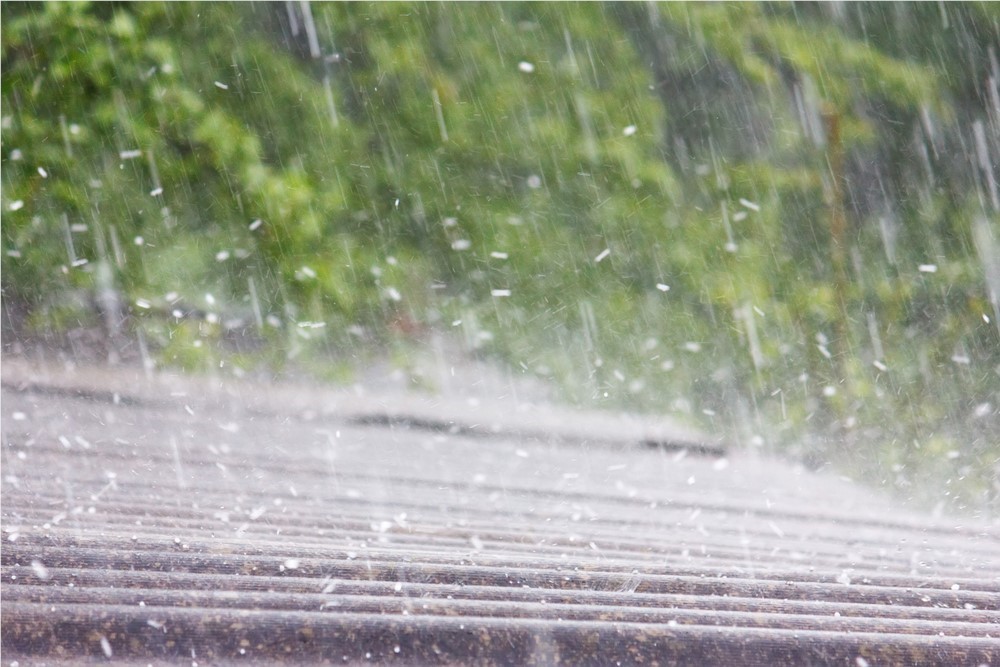
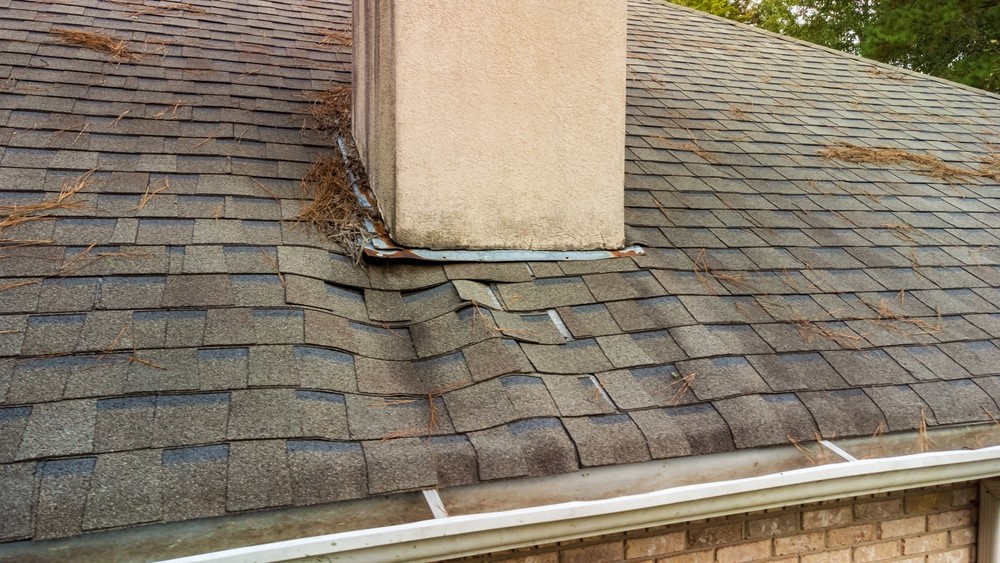
Comments